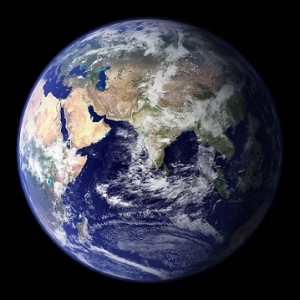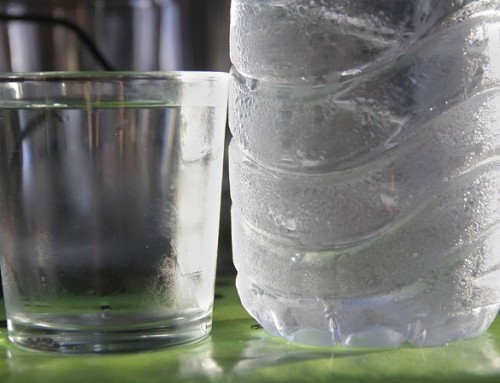 As more and more intense pressure is being placed on the planet’s limited water supplies, many individuals and businesses are turning to technological innovation to find a way to enable human development to continue without the threat of massive water shortages.
As more and more intense pressure is being placed on the planet’s limited water supplies, many individuals and businesses are turning to technological innovation to find a way to enable human development to continue without the threat of massive water shortages.
We humans are dependent on water for agriculture, energy, production, transport, sanitation, and veritably for our lives and good health so need to protect the resources that we have.
Could New Water Technologies Save the Planet?
Since time immemorial humans have sought to ensure an unending supply of fresh water to where it is needed; from the water well to the Nazca people of ancient Peru who used a system of interconnected wells and an underground watercourse known as puquios to the simple sand filtration system used in Spain and Spanish America, and the noria, a simple water wheel device that supplied water to aqueducts and other water distribution systems in major cities in Europe and the Middle East during the Roman era, innovation has won over all difficulties in supplying the global population with potable water.
Modern-day innovations include:
Nanotechnology in Filtration: Researchers in India have developed a water purification system using nanotechnology; it removes bacteria, microbes, and other matter from water using composite nanoparticles, which emit silver ions that destroy any contaminants according to Professor Thalappil Pradeep of the Indian Institute of Technology Madras.
Membrane Chemistry: Membrane chemistry has been around for several years and is integral to modern water treatment processing, but remains a massive source of intense research and development as it can still significantly contribute to further innovative water treatment solution.
Seawater Desalination: While new ceramic membranes have helped bring down the cost of seawater desalination, the process is still extremely expensive and reverse osmosis technology consumes a vast amount of energy. New innovations in Singapore that mimic the biological processes by which and euryhaline fish and mangrove plants extract seawater holds some promise but we still have a long way to go.
Smart Monitoring: With as much as 60% of water produced and distributed in developing countries being lost, the institution of new smart monitoring technologies help companies to ensure the integrity of their vast water supply networks will help greatly.
Intelligent Irrigation: New, more intelligent, approaches to water management in the agricultural sector, which utilises approximately 70% of the world’s freshwater is already bringing relief and benefits to farmers in developed countries – this needs to be done in developing countries too.
Other innovations in wastewater processing and mobile recycling facilities are also making a difference and it is hoped that there will be knock-on benefits to these applications as new products are developed.
Living-Water sells water dispensers in London. Get a free water cooler site assessment.





